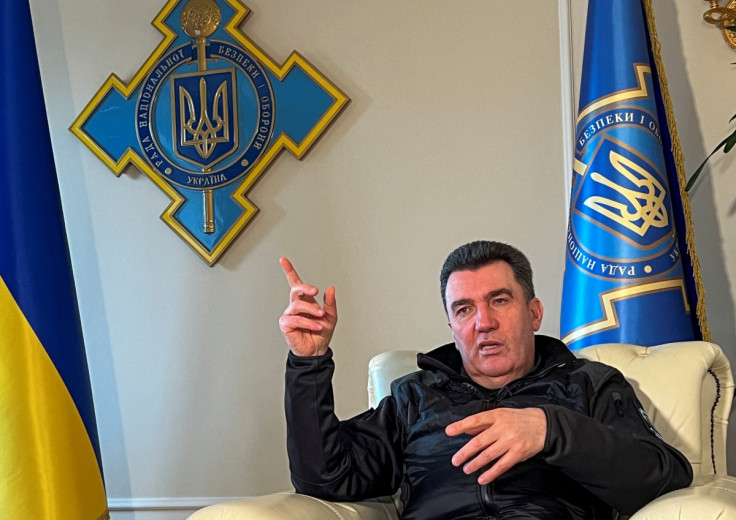Ukraine Trades 'Collaborator' Clergy For POWs In Swaps With Russia

Ukraine has exchanged a number of clergymen from a minority branch of the Orthodox Church with historically close ties to Moscow to win the release of soldiers captured in Russia's invasion, two security officials said.
One was swapped for 28 Ukrainian soldiers, one of the officials said, providing a rare glimpse into the bargaining that takes place when Russia and Ukraine negotiate prisoner swaps.
"This was a person who was working for the enemy," Secretary of the National Security and Defence Council Oleksiy Danilov told Reuters in an interview on Feb. 7.
"For the Russians this was a very valuable person."
Andriy Yusov, spokesman for the GUR military intelligence agency, confirmed that their had been such cases, declining to say how many.
The clergymen who were exchanged were suspected of collaboration or treason, he told Reuters. All were from the Ukrainian Orthodox Church (UOC), a branch of Eastern Orthodox Christianity which accepted the authority of the patriarch of Moscow until after Russia's invasion last year.
Ukraine has a thousand-year history of Orthodox Christianity. Most believers belong to a separate branch of the Orthodox faith, the Orthodox Church of Ukraine, formed four years ago by uniting branches independent of Moscow's authority.
Kyiv has launched a wartime crackdown on the UOC which it accuses of harbouring priests that retain close ties with Moscow. The church denies this and says it has been the victim of a political witch hunt.
Ukraine handed over a UOC clergyman along with Russian servicemen in a prisoner swap on Thursday that saw 101 Ukrainians handed over by Moscow, Yusov said in separate televised comments.
Since October, the Security Service of Ukraine has regularly carried out searches at UOC churches, imposed sanctions on its bishops and financial backers, and opened criminal cases against 55 of its clergymen in the last year.
The UOC's spokesman, Metropolitan Kliment, told Reuters he was aware of two cases of UOC clergy being swapped, but said he had no information as to what they had been accused and tried for.
© Copyright Thomson Reuters 2025. All rights reserved.





















